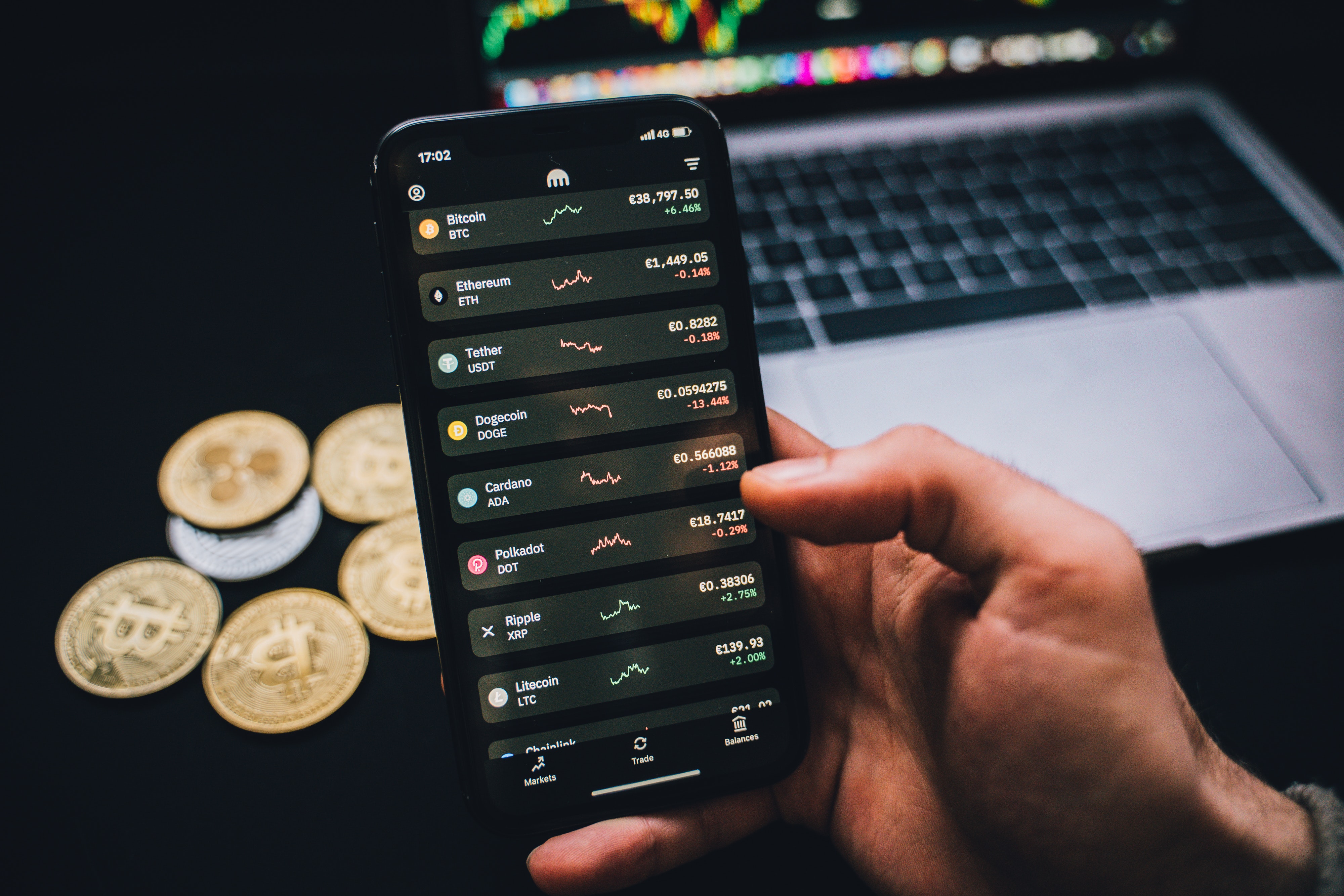EQUITIES
Shares in Asia-Pacific slipped in Friday morning trade following an overnight drop on Wall Street. Japanese stocks led losses regionally, with the Nikkei 225 falling 2.45%, followed by the Australia’s S&P/ASX 200 at 2.03% lower.
Elsewhere, South Korea’s KOSPI dipped 1.39%, while the S&P BSE Sensex in India slipped 0.75%. In Southeast Asia, the Straits Times index in Singapore declined 1.15%.
Markets in Hong Kong are closed for a holiday on Friday, while those in mainland China are closed for the Golden Week holiday from Friday till October 7.
Overnight on Wall Street, the Dow Jones Industrial Average dropped 546.80 points to 33,843.92 while the S&P 500 shed 1.19% to 4,307.54. The Nasdaq Composite slipped 0.44% to 14,448.58.
OIL
Oil prices dropped on Friday on the prospect that the OPEC+ supplier alliance might step up a planned increase in output to ease supply concerns, with soaring gas prices spurring power producers to switch from gas to oil.
All eyes are now on a meeting of the OPEC+, led by Russia, on Monday nest week, where producers will discuss whether to go beyond their existing deal to boost production by 400,000 bpd in November and December.
The Brent now traded at $78.24 per barrel, while U.S. crude futures traded at $74.86 per barrel.
Overnight, the Brent ends at $78.52 a barrel, and the WTI at $75.03 per barrel.
CURRENCIES
The dollar began the last quarter of 2021 near its highest levels of the year and headed for its best week since June, as currency markets braced for U.S. interest rates to rise before those of major peers.
The U.S. dollar index, which tracks the greenback against a basket of its peers, was at 94.273 following a rise from below 94 earlier this week.
The benchmark 10-year Treasury note continued to rally, with the yield sliding to the lowest since Sept. 28 at 1.479%.
GOLD
Gold edged back 0.22% to $1,753.40 an ounce, following Thursday's 1.77% surge, the biggest since March. U.S. gold futures edged 0.24% lower to $1,752.70 per ounce.
Silver eased to $22.04 per ounce, while platinum and palladium slipped 0.7% each to $955.60, and $1,885.00.
ECONOMIC OUTLOOK
Asian stocks looked set to start October on the back foot, after their U.S. peers capped their biggest monthly selloff since March 2020 with further losses.
Asian equities tumbled on Friday, as risk sentiment soured amid mounting fears about slowing economic growth, elevated inflation, supply-chain bottlenecks, a global energy crunch and regulatory risks emanating from China. U.S. bonds rallied, and dollar headed for its best week since June.
China has proved a particular worry for investors, hit by regulatory curbs in the tech and property sectors, and now grappling with a power shortage that threatens to push up energy prices globally.
Asia's manufacturing activity was stagnated as delays in vaccine rollouts and a spike in Delta variant cases hurt consumption and factory production, surveys showed on Friday. Factory activity in September shrank in Malaysia and Vietnam and grew in Japan at the slowest rate in seven months. China's waning economic momentum also dealt a fresh blow, with the official PMI on Thursday showing the country's factory activity unexpectedly shrank in September. Elsewhere, Taiwan's PMI eased, Vietnam’s index unchanged, and the South Korea's PMI rose, staying above the 50-mark threshold that indicates expansion in activity.
Investors kept a close watch on funding negotiations in Washington to prevent a government shutdown. The U.S. debt ceiling issue continue to concern the market. Treasury Secretary Janet Yellen on Thursday once again warned that any default on U.S. debt would cause irreparable harm as well as an ensuing financial crisis and recession. Failure to meet those obligations would mark a first-ever U.S. default. Biden late Thursday signed the government funding bill that averts a shutdown.
Some events to watch on Friday including Univ. of Michigan sentiment, ISM manufacturing, U.S. construction spending, and spending and personal income.













